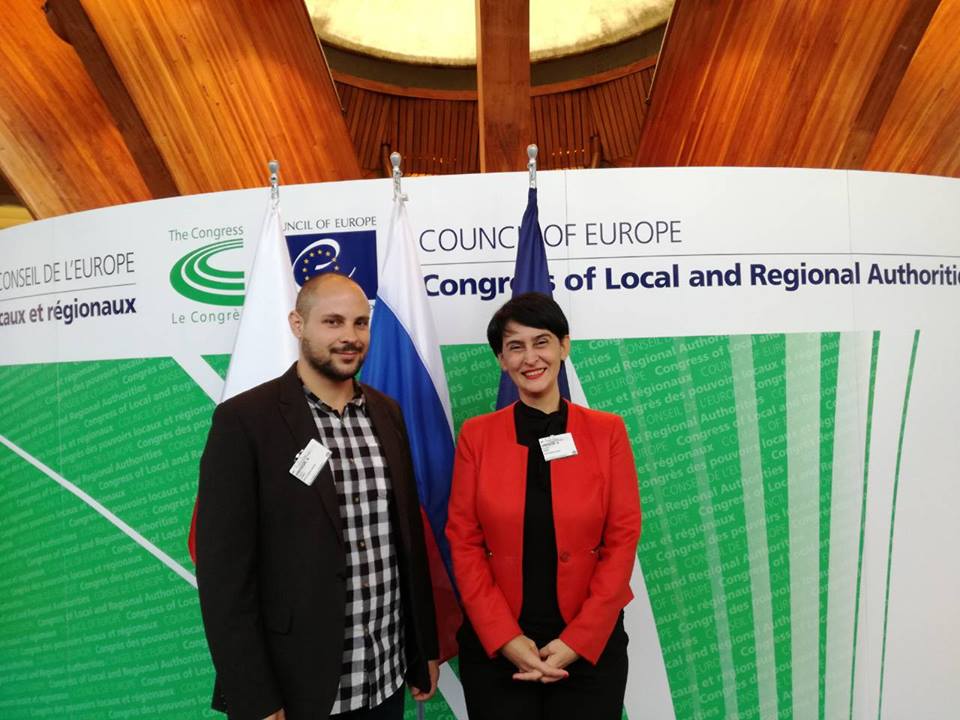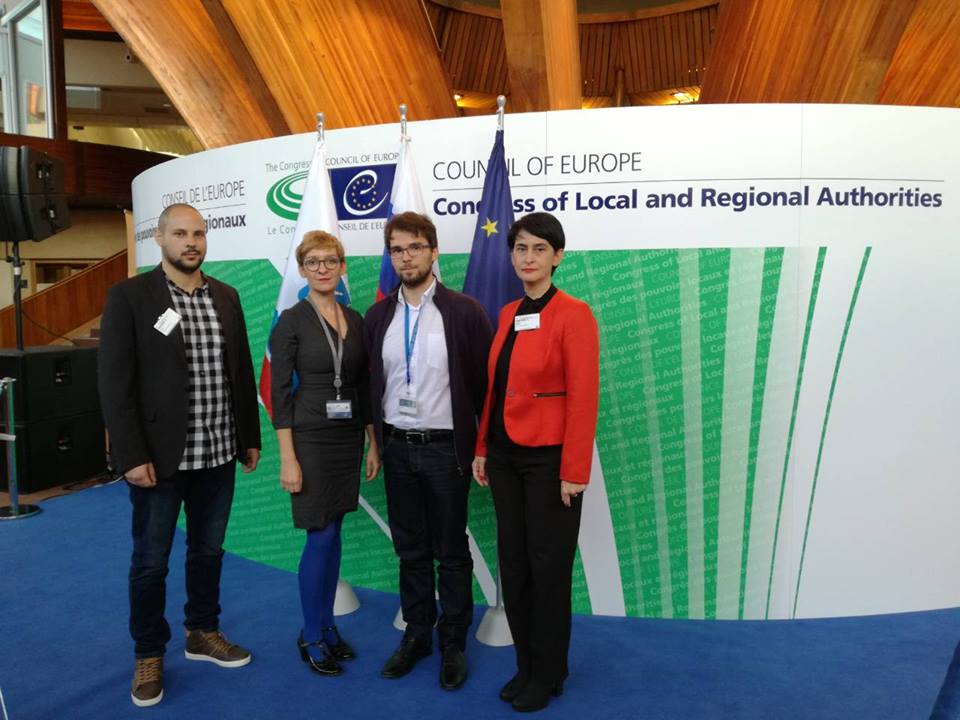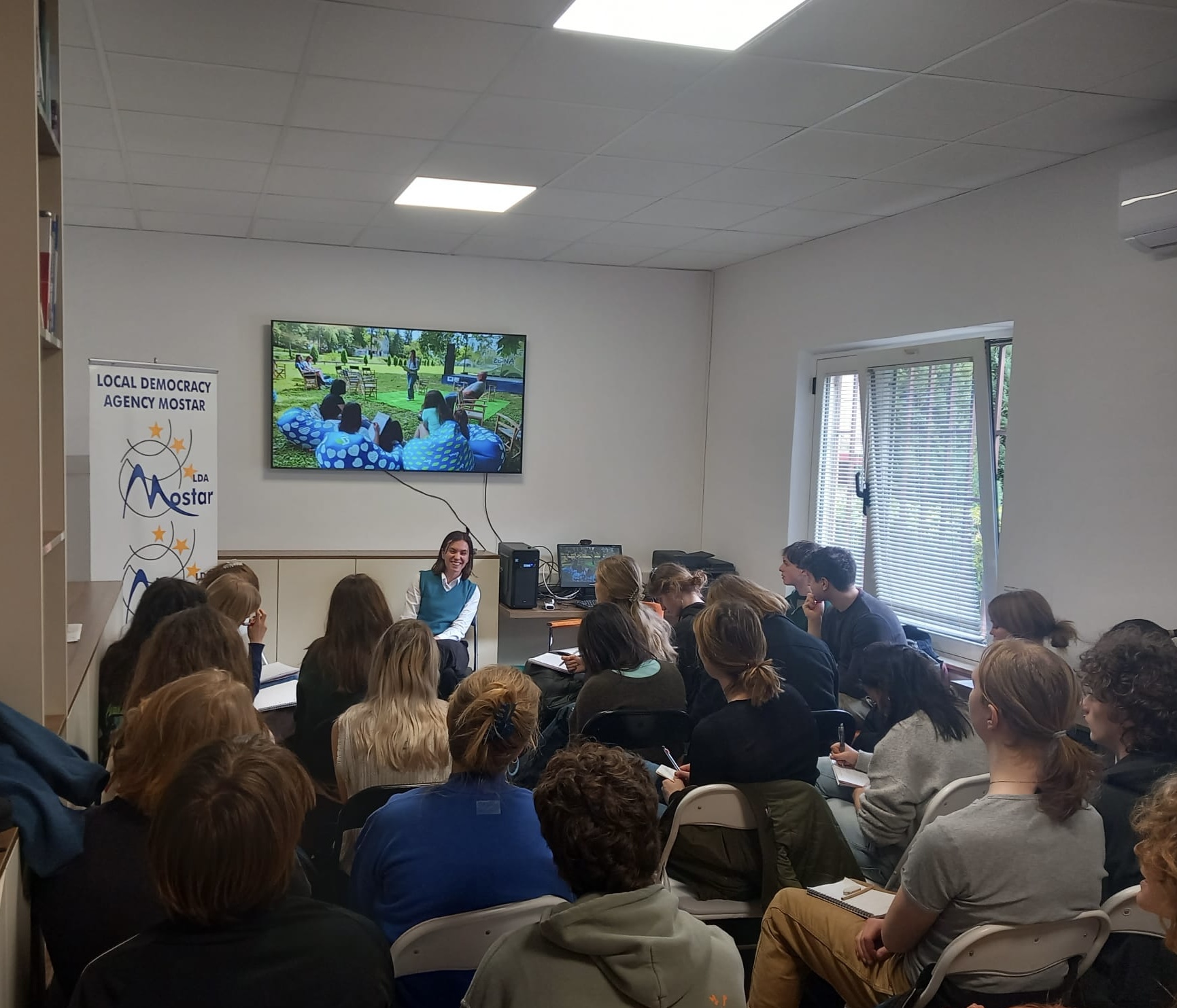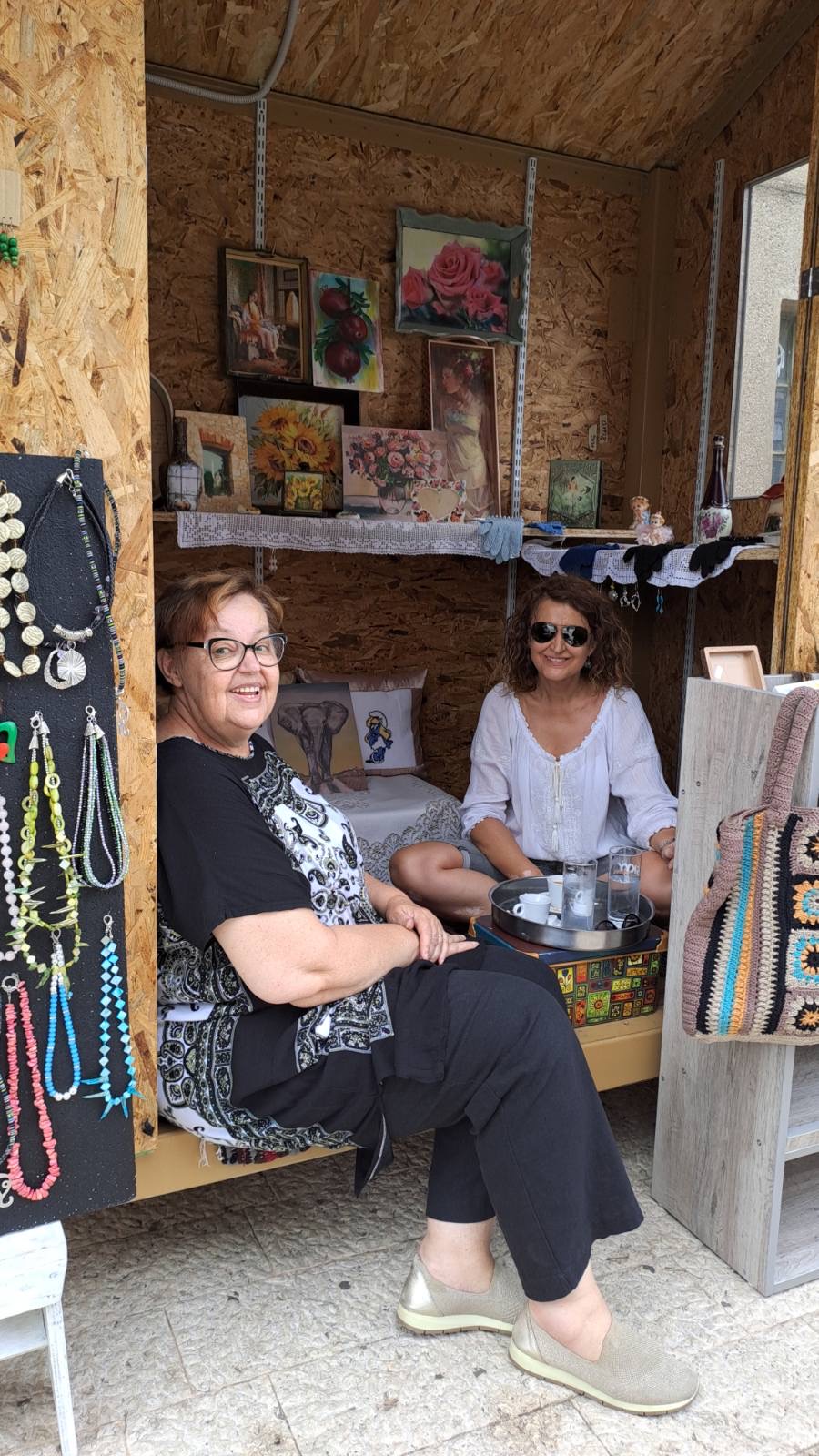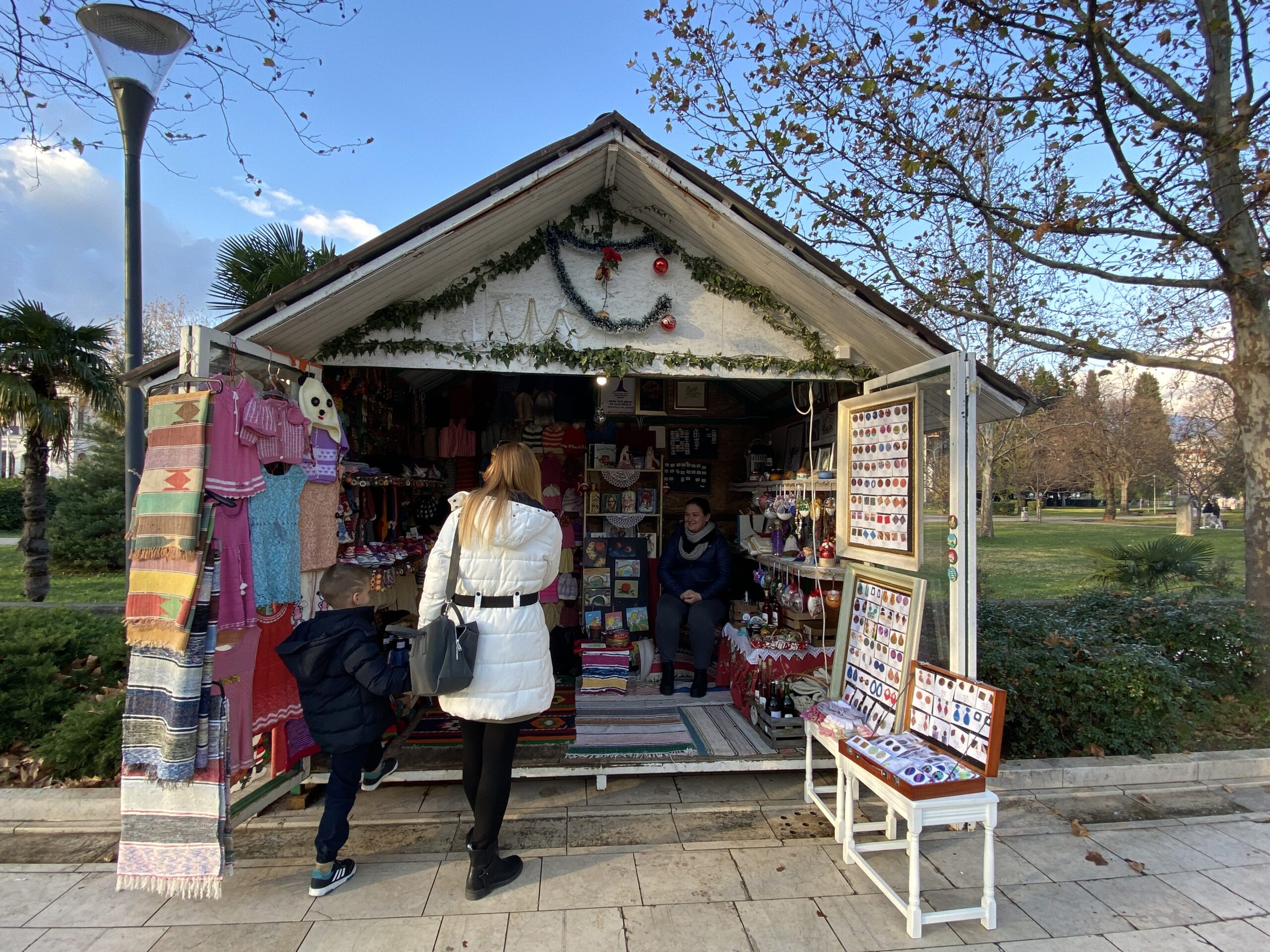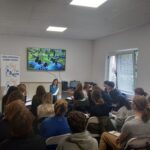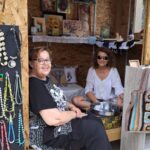Once again, Mostar is in the spotlight: Coalition gathered around Elect Mostar visited headquarters of Council of Europe (CoE) in Strasbourg.
Chamber of Local Authorities as part of the 33rd session of the Congress of Local and Regional Authorities of CoE organized round table with a focus on Mostar and its context of not holding local elections since 2008. Discussion was opened by Mr Stewart Dickson who was the Council of Europe’s rapporteur for the last local elections in BiH in 2016. Mr Dickson commented on the reasons for the absence of the local elections in Mostar. In his Monitoring Report from 2016 he concluded that Mostar as a specific problem should not be related to resolving the national tensions in BiH nor constitutional changes. Mr Dickson reiterated his impression that ruling political parties doesn’t have a will to resolve this situation. At the end of his presentation, he expressed his support to citizens of Mostar and pointed out that Council of Europe should seriously investigate best possible solutions for bringing back democracy to Mostar.
The round table was opened by a presentation by Stewart Dickson, a member of the Parliamentary Assembly of the Council of Europe, and the President of the Monitoring Committee of this body, who was also the Council of Europe’s rapporteur in the last local elections in BiH in 2016. Dickson emphasized that the Congress once again supports the citizens of Mostar and offers assistance in exercising their democratic rights, and called on the Council of Europe to seriously consider what it can do about Mostar.
Alex Jeffery, a visiting professor at Cambridge University, whose work focuses on the role of the NGOs in creating democratic processes in post-conflict areas, also presented his views on the role of the international community in this context at the round table. Among other things, Jeffery stated that one of the greatest successes of modern Mostar is the development of civil society initiatives that seek ways to shake the stagnation that have characterized the electoral process over the past nine years.
On behalf of the Coalition Elect Mostar, the problems that Mostar is facing were presented by Director of the Local Democracy Agency Mostar, Mrs Dzenana Dedici and Director of Youth and Cultural Center Abrasevic, Mr Vladimir Coric.
The Coalition, which consists of three CSOs, the Local Democracy Agency Mostar, Youth and Cultural Center Abrasevic and the Youth Council of the City of Mostar, held an action in the Mostar during the local elections in BiH in 2016, that enabled the citizens to “elect” at several points in the City. By filling out the questionnaires, the citizens answered several questions, which confirmed their dissatisfaction with the current political situation. The Elect Mostar campaign was very well recognized by the citizens and covered by the regional and local media, and international community.
In her speech, Mrs Dedic presented the work of the Coalition and the action carried out by it, and explained the reasons for the mass trend of emigrating young people, while Mr Coric illustrated the political situation, both at the state level and at the local level and appealed to the international community for help in finding a solution.
Finally, the project manager of the Nansen Dialogue Center in Mostar, Mr Vernes Voloder, presented his view of the situation in Mostar, bringing the problem of Mostar closer from a sociological point of view, emphasizing that Mostar is only divided at the political level.
Round table participants agreed to push the authorities at all levels to work on a sustainable solution to restore democracy in the City of Mostar, by amending Election Law and the Statute of the City of Mostar. The Congress also stressed that this body will continue to monitor the situation in close cooperation with the European Committee of the Regions, and will strive to maintain the issue of local democracy in the City of Mostar in its political field until a suitable solution is found.
